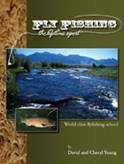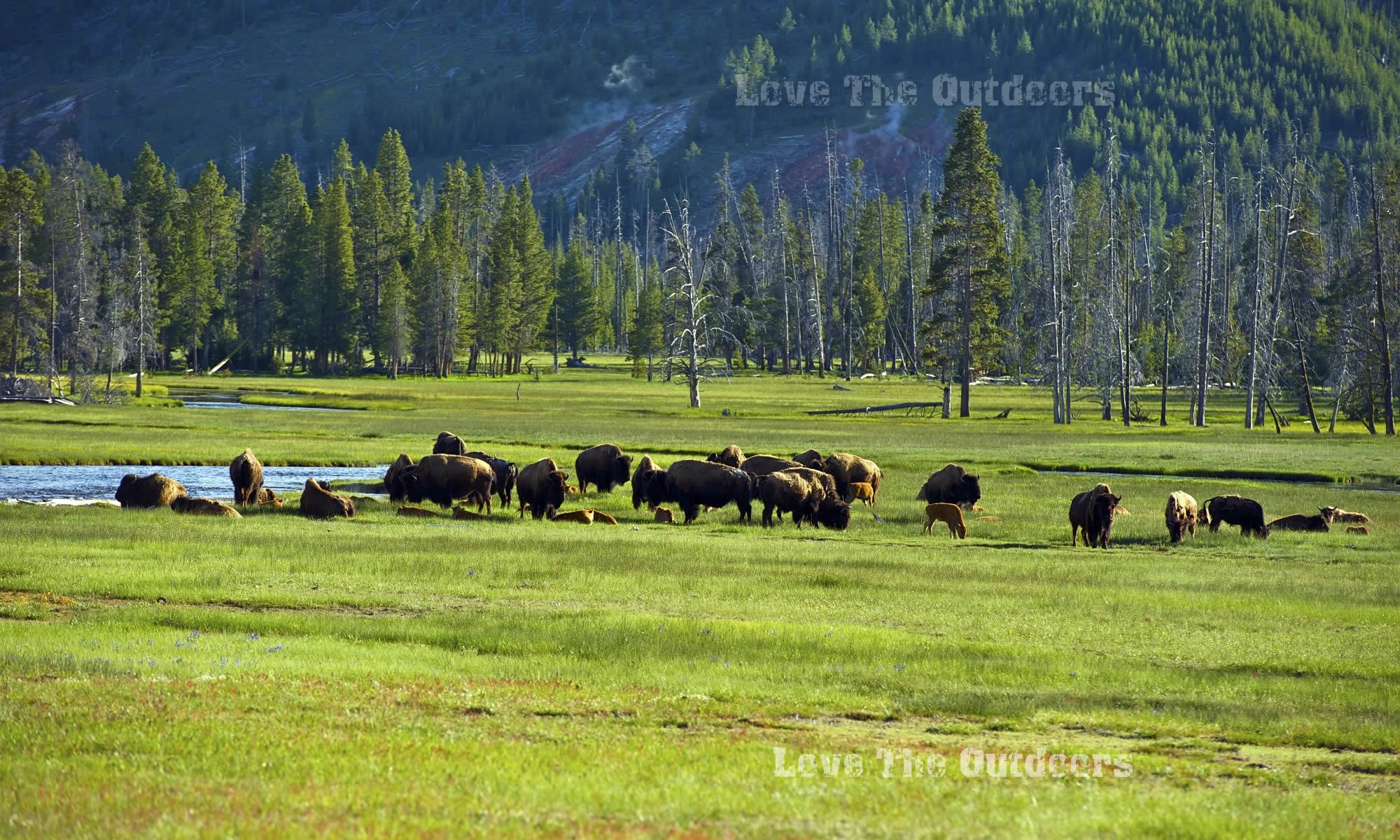Brown Drake
Family: Ephemeridae
Genus: Ephemera
Life Cycle: incomplete
Three Life Stages: egg, nymph, adult cycle which includes 2 phases: dun and spinner
Emergence: June-August
Burrower Mayfly Group
Nymph
Body Description
Antennae: 2
Head: has long tusks and u-shaped projection from the head
Eyes: large
Legs: 6 strong
Tails: 3
Gills are used to circulate air into their shelter
Mobility: quick diggers and good swimmers
Body Colors: pale yellow-brown
Size: 12-20mm
Hook Size: 10-12, 3X long
Nymphs are found in eddies, backwaters and moderate currents that have fine silt, sand and gravel bottoms.
Dun
Body Description
Antennae: 2
Eyes: large
Legs: 6
Tails: 3
Wings: 2 sets, mottled grey, dark marks on wings
Body Colors: yellow-brown including dark markings on top of abdomen
Size: 15-20mm
Hook Size: 8-12
Spinner
Body Description
The dun emerges into a spinner and flies into the stream’s foliage banks. Mating flights transpire and the female returns to the water to lay eggs. There aren’t enough spinners to produce a good spinner fall.
Brown Drakes are mistaken for Green Drakes. They are the same size and distinguished by heavily patterned wings with mottling in both the dun & spinner.

© 2026 The Gale Group, Inc. All rights reserved.
© 2026 Perigee Learning LLC. All rights reserved.
LoveTheOutdoors.com is owned and operated by Advameg, Inc. © 2026 Advameg, Inc.
Camping Adventures • Dutch Oven Cooking • Sports Knots
Fly Tying • Freshwater Fishing • Fly Fishing

